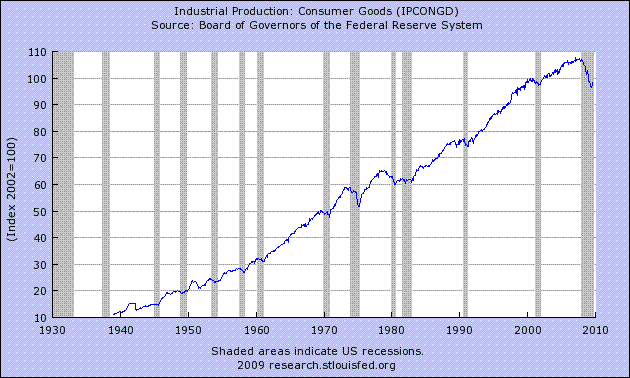Paulie
Diamond Member
- May 19, 2007
- 40,769
- 6,382
- 1,830
Do you all think we are going to have a "lost decade" like Japan?
I ask for 2 reasons.
First, although I like to consider myself well informed on politics I'm in a bit over my head with economic indicators and such. College was many years ago and what I learned then was nothing more than basics.
Second is because I'm seriously concerned about my business. I had nearly 2 decades of great growth and a customer base that grew every year. Business was so good that I pulled all my advertising about 6 years ago. I'm in the upper end of the remodeling business and most of my clients are well off but now jobs are scarce and even the ones available will cut you off at the knees to save a buck. It didn't used to be that way. For every 4 jobs I bid I got 3 without haggling just off my reputation. Now I've entered advertising contracts again with not much noticeable difference.
I can probably manage one more winter like the last two I've had but beyond that I may be in real trouble. I don't know what to do. Clearly I have to weather the winter but I don't want to go down with a sinking ship. My skillset is very broad but limited to my field. I was offered a very tidy sum to sell my business about 5 years ago but with the market the way it is I'm sure that amount is worth half what it was.
Do those of you working in the economic side see a turn around anytime soon? What are the true indicators I should be watching? I don't want partisan bullshit, I need real ideas and thoughts.
Ps. I've downsized as much as possible already so cutting expenses isn't really an option.
I have a painting business that depends a lot on the business of people like you. I don't really know what to tell you other than where I do business, things could definitely be worse. I started the business almost a year ago to the day, cold turkey with nothing other than a phone call from a buddy of mine to a real estate agency putting in a good word for me about my work, and I managed to just cross into 6 figures gross up to this point. I haven't spent a cent on advertising other than the typical business cards and job signs. Things are picking up around here as far as reno's and new starts, and people are spending money on repaints to get their homes staged for sale or ready for rentals.
But this is an upper class area where a lot of rich people own vacation homes, and they aren't as tight with their money as people would be in other locations.
I'm reserving judgement until I see how next fiscal year plays out to be sure this wasn't just a fluke.



